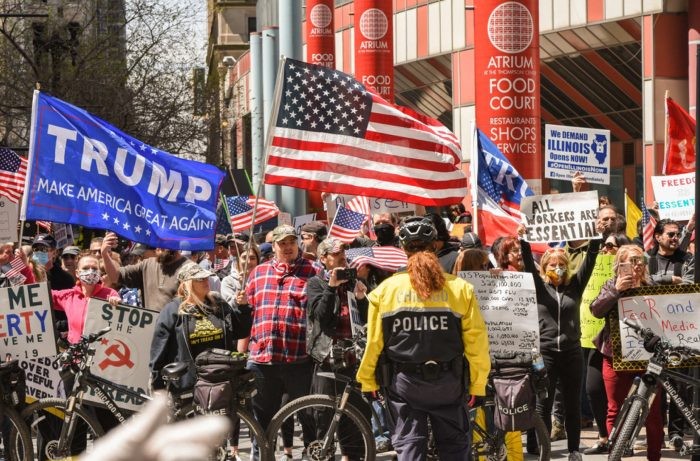I’m not negative, America really is screwed

A few years ago, I wrote a post called “Why We’re Underestimating American Collapse.” Sadly, I think my predictions have proven to be true — though I suppose you can judge that for yourself. 90,000 dead and counting. A president who calls the death toll a “badge of honor.” A paralysed Congress. 40 million unemployed. Today, I often get the question, “Why are you negative, Umair?” or, “What can be done to fix all this?” These are really the same question, and my answer, which you probably won’t like, goes like this: we’re still underestimating American collapse.
The economics of American collapse say that it’s probably too late to fix America. It’s probable that this is the new normal. Chaos, decline, incompetence, malice, poverty, hopelessness, despair.
Let me explain, as clearly as I can.
You can see, right about now, that America is what political scientists call a failed state. A President who tells people to drink bleach during a pandemic. 90,000 dead, of which 90% are needless. A society that’s not able to provide basics for it’s citizens anymore. A nation in which income, savings, life expectancy, happiness, trust are all in free-fall. This is the stuff of epic social collapse.


